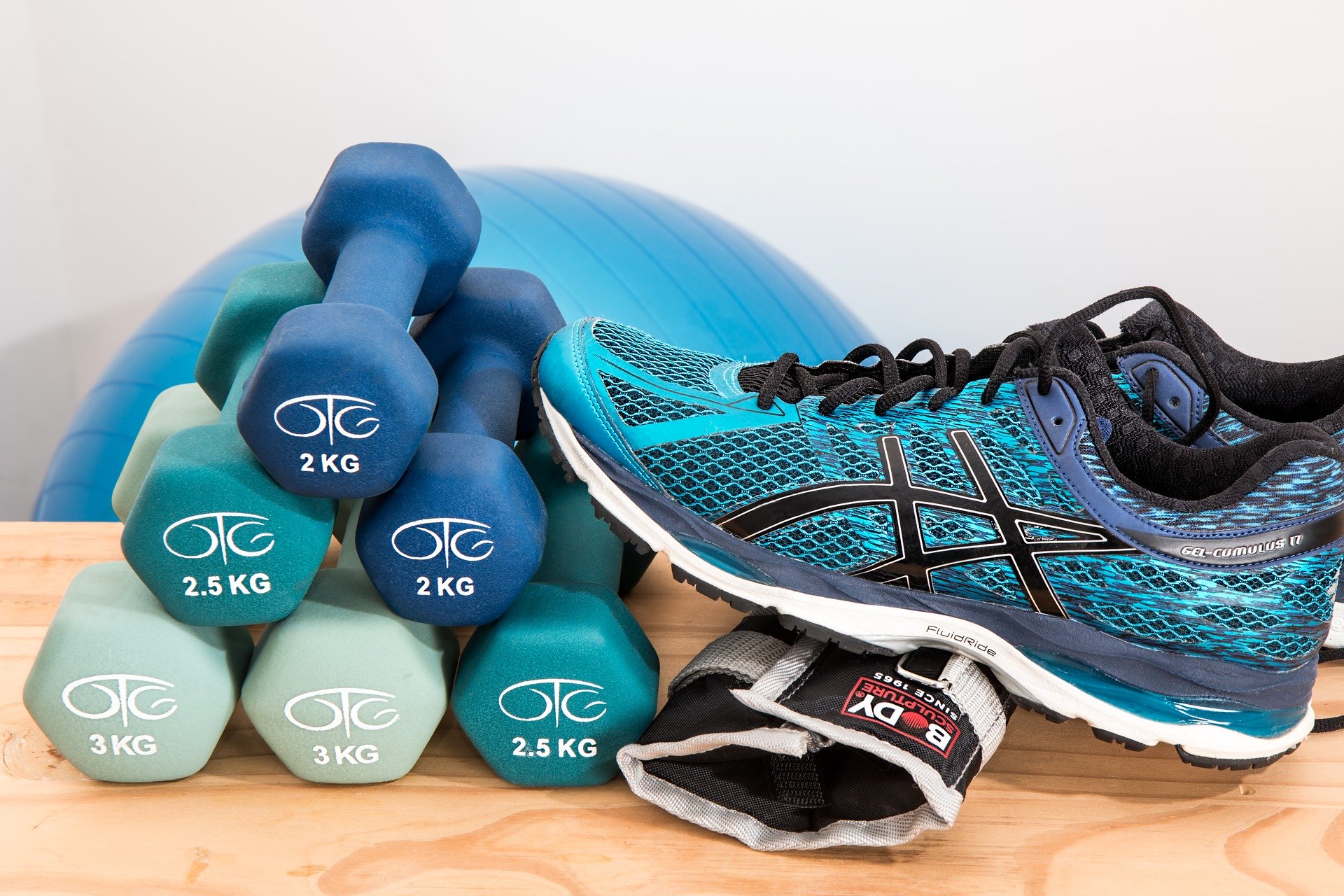Desa Rome | Contributor
Featured image courtesy of Pixabay
What exactly happens to and in your body when you exercise? That is a common question among beginner exercisers. You actually start feeling the impact as soon as you hit the ground running. Your heart starts to beat faster than you are used to, you feel like you aren’t breathing efficiently, and the muscles tend to tighten up. Sometimes you will feel some discomfort around your groin, stomach, and lower leg muscles long after you are done exercising. You will always feel some difference — both short and long term changes.
1. Your body temperature rises
This happens because your body is burning fats continuously, with the resultant chemical reactions producing heat. On the other hand, your heart starts pumping blood at a faster rate, so there is more blood rushing through the system, warming up your body as a result. But your body wants to retain its normal temperature, so it looks for ways of releasing all the excess heat. One way it does that is by dilating the blood vessels so that heat can be channeled faster towards the skin, making the skin extremely warm. And because the skin is the outermost organ in your body, it is able to shed off inner heat fast.
2. You experience soreness
This is because exercising for the first time or after a long break makes tiny tears in your muscles. In fact, muscles grow when they tear because the body focuses lots of energy in to repairing the tears. When you exercise regularly, the soreness subsides naturally.
3. Your internal organs function differently
Let’s start with the brain. Your brain uses up more energy when you exercise than during any other time because the brain is creating neurotransmitters such as serotonin. The lungs start in-taking 15 times more oxygen than normal, making you breathe faster. The muscles squeeze blood in the veins, forcing it back to your heart. The heart is forced to pump faster and the capillaries dilate in order to accommodate the extra blood. Blood flows in your veins up to 20 times faster and raises your adrenaline levels.
4. You start feeling happy
You feel happy because your body starts releasing a happy hormone in drones. The happy hormone released in exercise is known as endorphins. Your body perceives intense exercise as external stress, so it tries to fight it off by lifting your mood. But because there is no stress to fight off in the first place, the endorphins are all converted into a happy feeling.
5. Your body grows more mitochondria
Exercising is work, basically. To work, you need energy. To have energy, you need to convert more of the food you eat into energy. To do that, your body needs more mitochondria (energy converters) in your cells. Your body, therefore, manufactures more mitochondria. The end result is that your body improves its rate of producing energy, so exercising becomes easier for you.
These changes are among the many that your body experiences once you start subjecting it to intense physical activities, especially if you have been living a sedentary lifestyle


